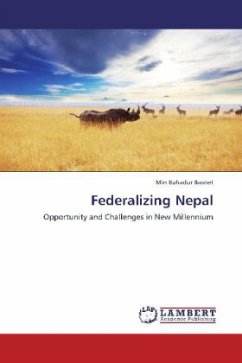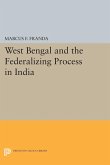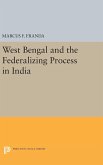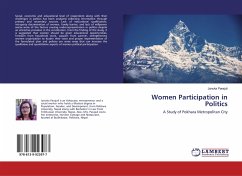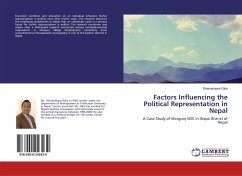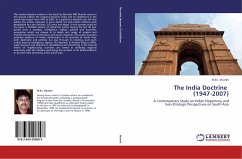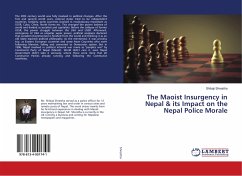Federalism is a widely applied political philosophy to maintain political stability in multinational societies, but it has not been equally successful in all countries. The spirit of federalism is to institutionalize all the possible political relationships but not to arrange the relationships into the particular set of institutions. Federalism is expected to offer a solution to Nepal s traditional political exclusion, slow and uneven development and as a means of supporting democratisation, resolving social and political conflicts and ensuring the protection and preservation of cultural, linguistic and ethnic diversity. However, there are many federalism-related issues that must be considered when designing the territorial units and their institutional structures, including the possibility for ethnic conflict and the potential for governance capacity in each unit. Nepal has now trying to federalise its system of governance by restructuring the state, a radical change from a morethan two centuries history of highly centralised unitary political system. The question, why federalism in Nepal? is obvious for any scholars of federalism and politically aware people around.

